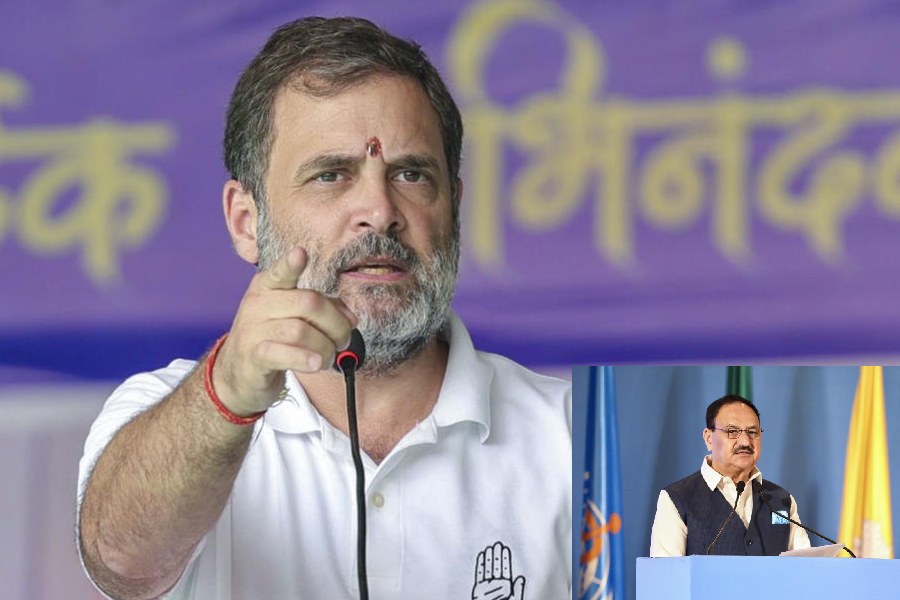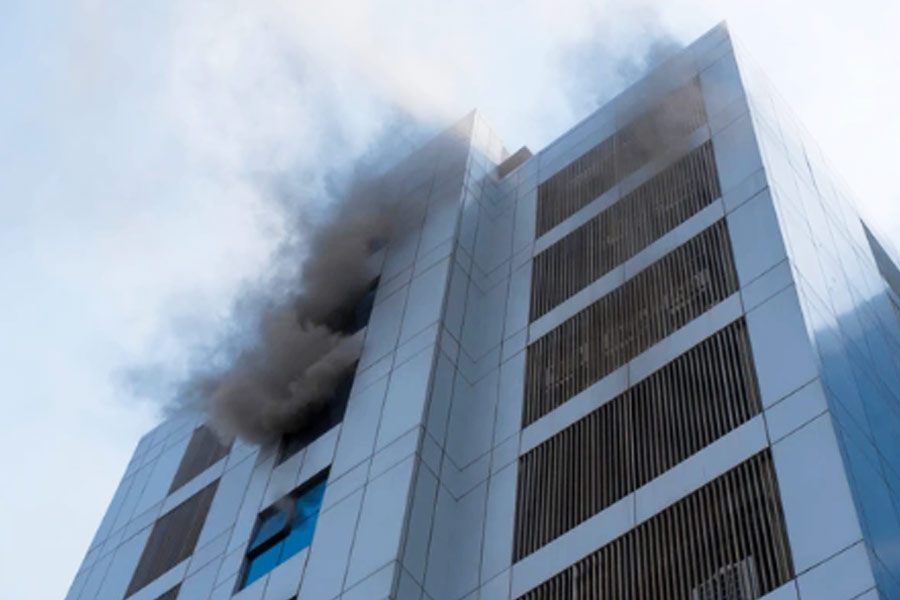My work email inbox often looks like a marketplace where I am exhorted to buy goods or services — supposedly for the betterment of my school. One look at the kind of mail that I receive will convince you of the rot that is setting in in our schools today. I have selected two emails to demonstrate this.
“Dear Sir/Madam,
Amid Covid-19 we are giving a Flat [sic] 50% discount with a nominal sponsorship of 30k+GST for the above benefits. Please do let me know if you are interested in this.”
This is part of an offer made by a “global, educational magazine” after announcing that our school had been placed among “The 10 Best International Schools in India, 2021”. The seven “benefits” that were listed all boiled down to publicity for the school in India and abroad. “We hope you will allow us to serve your organisation and maximise visibility on a global platform,” continued the representative of the said magazine in her email to me. You may well wonder what is so ‘rotten’ about this offer.
The explanation is simple. Our school has just introduced its international programmes. To be precise, the International General Certificate of Secondary Education programme was introduced last year, and the International Baccalaureate Diploma Programme in 2018. One wonders how on earth we can be adjudged ‘One of the 10 Best International Schools in India!’ Far from feeling elated, I felt insulted that those offering the wonderful “benefits” perceive school authorities to be dim-witted, conceited or corrupt, or all three combined.
Another common business strategy is for organizations to hold glittering ceremonies where awards are presented in various categories to institutions and individuals. The event is customarily held in a five-star hotel and to entice people to fill up the nomination forms, the names of those who would grace the occasion are cited in advance. They are usually VVIPs from the ministry of education, with a ‘celebrity’ thrown in for good measure. I quote from an email: “This side [sic] Madhu [name changed]. We had this conversation the other day [false]. Kindly fill up the form free of charge. Last day today.” Invariably, the “last day” is generously extended and a reminder is sent daily — for weeks on end.
It is abundantly clear that the hunger for publicity of certain schools — upcoming or otherwise — is being cannily exploited by the business world. The truth is that this rot has been setting in for a while. Schools have been steadily corporatized and are now almost entirely market-driven. Many believe, however, that there is nothing wrong in regarding a school as a business and education as a product to be bought and sold.
Nonetheless, it upsets many to see schools being marketed like five-star hotels or brands of detergent. The reputation of an educational institution is built over the years as a result of the way it has been run, the way it has attended to the holistic development of every student and the sincerity with which it has carried out its pastoral duties. The well-rounded alumni of such schools contribute in turn to the reputation of their alma mater through their achievements.
No matter how much a school projects itself through paid publicity, it is an established truth that no institution can buy a solid reputation: it has to be backed by genuine credentials. Here I hasten to say that some ‘reputed’ institutions run on momentum and the magic of the ‘old school tie’. Only insiders know how rotten some of these institutions have become in many ways, besides the abandonment of ethics, which have taken a back seat anyway in a commercialized world. The brand continues to yield returns and the ‘old school tie’ undeniably is handy when it comes to building careers and doing business.
The second email from my inbox indicating the rot reads: “Sir/Madam, do you know that we can reduce cheating in exams by 95%? The options offered are live proctoring, auto proctoring, recorded proctoring. It is extremely difficult to cheat in an online proctored exam due to the advancements in online proctoring software.”
It is indeed a sorry state of affairs that we need artificial intelligence to detect cheating. Academic dishonesty is widespread among students and is, shamefully, aided and abetted by adults. A lack of educational understanding in the way students should be assessed has encouraged plagiarism, which has become an all-pervasive practice. I have a strong feeling that this, too, has stemmed from the same origin: the commodification of education. Our consumer society is steeped in materialism; all that parents and schools are interested in is getting their children to obtain dazzling board examination results, never mind the means.
The irony is that when students reproduce answers that have been prepared by others or turn in ‘cut and paste’ jobs, they are rewarded with excellent marks. The concept of plagiarism is non-existent in our learning system. So, when it comes to tests and exams, ‘invigilation’ becomes a heavy-duty job for teachers while sophisticated technology provides efficient policing. Rampant cheating would not happen if we overhauled the assessment system. The need of the hour is to shed cynicism and make a concerted effort to inculcate values in our students. Condemning children is unfair and futile while policing does not touch the root of the problem. Plagiarists and cheats, it is hoped, will eventually find reason to regret their lack of knowledge while schools will realize that ostentatious publicity will not get them far. The money spent can be much better utilized in improving the school itself.
In the ongoing elections, those candidates who have relied only on self-projection and publicity instead of serving the people are unlikely to win. Let us hope that politicians who hoodwink people are taught a lesson. But the rot in politics is too deeply entrenched; we must focus instead on stopping the rot in our schools.











